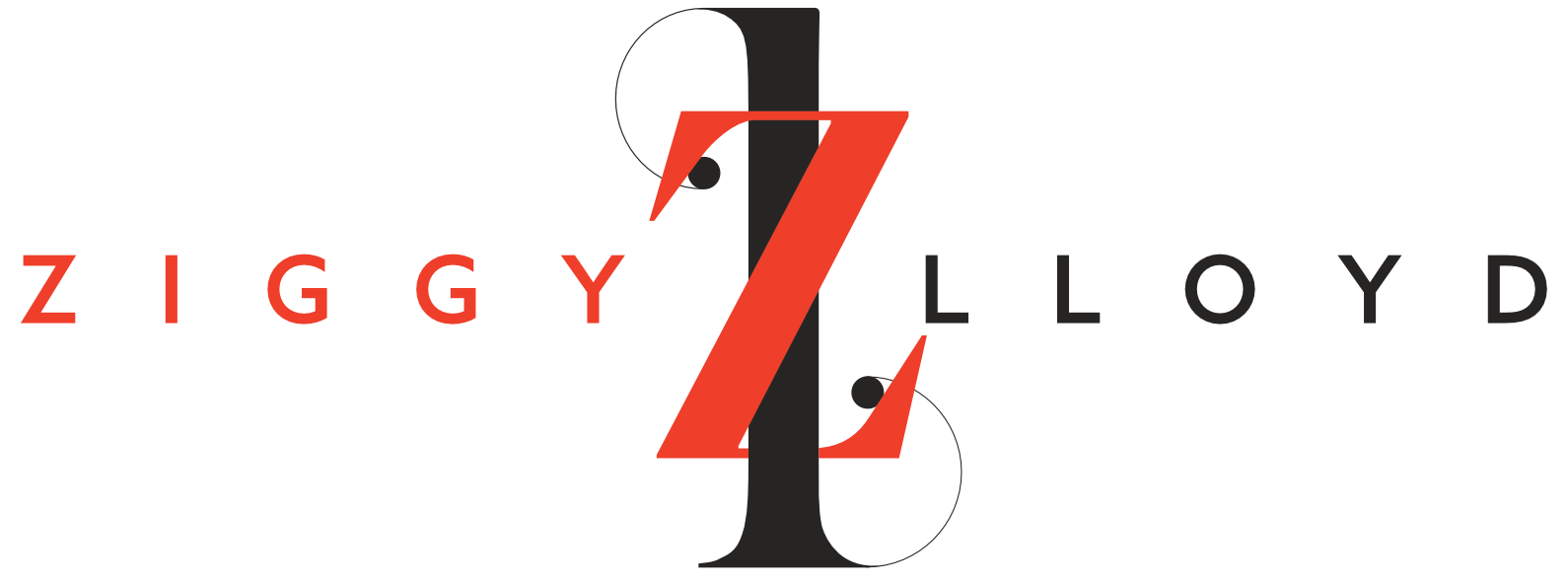What is alpaca wool?
Why alpaca?
Compared to sheep's wool, alpaca wool is noticeably softer to the touch and has a more luxe texture. It is also less itchy and contains no lanolin, which makes it hypoallergenic. The fibres feature tiny air pockets that make the wool more breathable and creates more insulation, making it one of the most lightweight yet warmest types of wools, suitable to wear from autumn until spring.
The process
Ziggy Lloyd works with the highest quality alpaca wool, ethically sourced from local farming communities in the Andes of Peru. Alpaca farming is a cruelty-free, socially-responsible and sustainable process. Alpacas are shorn by hand once a year, which not only benefits local farmers with income but also the animals themselves, as it alleviates discomfort and heat stress.
The raw alpaca fleece is then carded (the process of combing the fibres in a uniform direction), spun into yarn, washed, and finally woven into smooth, lightweight fabric by native communities in the Arequipa region of Peru.
Alpaca wool is entirely biodegradable. The farming of alpacas and the harvesting of the wool has a negligible impact on the environment, using traditional Peruvian methods.

Types of alpaca wool
Ziggy Lloyd works with two different types of alpaca wool in it's men's coat collection:
Baby alpaca comes from the bigger, fluffier Huacaya alpaca with a curly fleece. The name ‘baby’ doesn’t refer to a newborn but rather a classification of the fleece, meaning that it is exceptionally fine.
Suri alpaca is a rarer species with longer, shaggier hair whose wool has the same qualities as baby alpaca but possesses an even more silky feel. Suri alpaca fibre, which has fewer scales on each fibre, reflects the light giving it a beautiful sheen and deep lustre.
Alpaca fibre is naturally water-repellent and can withstand some light rain but avoid taking your Ziggy Lloyd coat out in a storm. And when it comes to cleaning your alpaca wool coat, DRY CLEAN ONLY.
